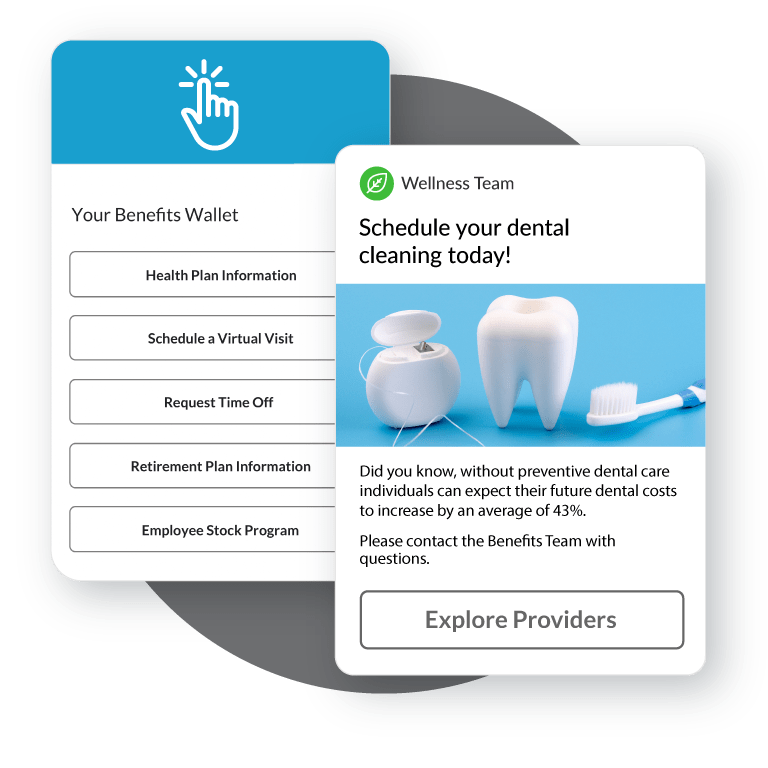Is Political Science Considered a STEM Field? A Comprehensive Guide for Students and Professionals
Understanding the Classification of Political Science
The question of whether political science is classified as a STEM (Science, Technology, Engineering, and Mathematics) field is complex and often debated. The answer depends on the context-such as academic definitions, government policy, and international standards. This article provides a comprehensive examination of current classifications, the reasoning behind them, and practical steps for students and professionals seeking opportunities or benefits related to STEM fields.
Defining STEM and Political Science
STEM is an umbrella term that encompasses a range of disciplines in science, technology, engineering, and mathematics. According to the National Science Foundation (NSF) and other leading organizations, STEM fields are typically defined as those that contribute to technological and scientific innovation, often focusing on the natural sciences, engineering, and mathematics [2] . Political science, on the other hand, is a branch of the social sciences that studies systems of government, political behavior, and institutional structures [1] . Although it employs scientific methods-such as statistical analysis and empirical research-its primary focus is on social phenomena.
U.S. Government and Institutional Policies
In the United States, there is no universal agreement on whether political science is a STEM field. Some key distinctions include:
- Department of Homeland Security (DHS): The official DHS STEM Designated Degree Program List does not include political science among its recognized STEM fields. The list primarily features engineering, biological and biomedical sciences, mathematics and statistics, and physical sciences [4] . This designation is critical for international students seeking extended work authorization in the U.S. after graduation.
- National Science Foundation (NSF): The NSF sometimes includes social sciences, including political science, under its broad definition of science, but this is not consistently reflected in immigration or workforce policy [2] .
- U.S. Department of Labor: The O*Net system occasionally categorizes certain social science-related roles as STEM, but this does not guarantee access to STEM-specific benefits or opportunities.
For students and professionals seeking STEM-specific benefits-such as scholarships, grants, or visa extensions- it is essential to verify with the relevant program or agency whether political science qualifies . For example, international students interested in the STEM OPT extension should review the official DHS STEM list or consult their university’s international student office.
Global and Educational Variations
Internationally, the classification of political science varies:
- United Kingdom: Social sciences, including political science, are typically grouped with humanities and arts, forming the acronym HASS (Humanities, Arts, and Social Sciences) or, more recently, SHAPE [2] .
- Canada and Other Countries: Many universities and government agencies around the world follow similar distinctions, generally separating social sciences from “hard” STEM fields.
This variation means students aiming for international study or work should always review the specific policies of the country or institution in question.
Why Political Science Is Usually Not STEM
Despite its use of scientific methods, political science is generally not classified as a STEM field for most practical and policy purposes. This is because STEM is commonly reserved for disciplines that focus on the natural sciences, engineering, mathematics, and related technical fields [1] . Political science, classified as a social science, emphasizes the study of human society and relationships, which places it outside the traditional STEM definition used for educational and immigration programs [4] .

Source: nyit.edu
Real-World Impact: Political Science and STEM Fields
While political science may not be officially recognized as a STEM discipline, its influence on STEM fields is significant. Political decisions directly affect research funding, policy development, and the implementation of new technologies. For example, government grants for medical research are determined by political processes, and environmental policy shapes the direction of scientific research [3] . Professionals in STEM fields often benefit from understanding political science principles to advocate for their industries and navigate regulatory landscapes.
For those interested in the intersection of political science and STEM, consider interdisciplinary programs or dual degrees that combine technical training with policy studies. Many universities offer such programs, which can enhance your career prospects in government, policy analysis, or science advocacy.
Practical Steps for Students and Professionals
If you are seeking STEM-related opportunities and wondering about political science, follow these steps:
- Review official program or agency definitions: Always check the specific eligibility criteria for scholarships, grants, or visa programs. For example, international students should consult the U.S. Department of Homeland Security’s official STEM list for OPT eligibility. If you cannot find your major listed, contact your academic advisor or the relevant federal agency.
- Consider interdisciplinary paths: If you want to combine political science with STEM, look for degree programs in public policy, science and technology studies, or environmental policy. These programs may open doors to STEM-related careers while leveraging your political science background.
- Stay informed about evolving definitions: The boundaries between STEM and non-STEM fields are not fixed. Some institutions and organizations are advocating for broader inclusion of social sciences in STEM, especially as data analytics and technology become more integrated into political science research.
- Seek guidance from official sources: When in doubt, use reputable sources such as your university’s registrar, the Department of Homeland Security, or the National Science Foundation for the most current information. Avoid relying on unofficial advice or unverified web content.
Potential Challenges and Solutions
Students and professionals may encounter challenges when their field is not recognized as STEM. This can affect eligibility for certain scholarships, research grants, or work authorization programs, especially for international students. To address this:
- Document your skills: Highlight quantitative and research skills gained in political science, such as statistical analysis or data modeling, when applying for STEM-adjacent roles.
- Leverage interdisciplinary experience: Pursue minors or certifications in technical fields to bolster your resume and expand your eligibility for STEM opportunities.
- Advocate for recognition: Some academic and professional organizations are working to broaden the definition of STEM. Joining these efforts can help change policies and open new opportunities for future students.
Alternative Approaches and Additional Resources
If your goal is to work in a STEM-designated field while leveraging your interest in politics or policy, consider these alternatives:

Source: politicalscienceguru.com
- Public Policy and Administration: Many programs combine technical coursework with policy analysis.
- Science and Technology Studies (STS): This interdisciplinary field examines how science and technology shape-and are shaped by-society and politics.
- Data Science and Analytics: Political scientists with strong quantitative skills can transition into data-driven roles that are often classified as STEM.
To explore these paths, consult your university’s academic catalog, speak to an advisor, or search for accredited programs through official education portals.
Summary and Key Takeaways
Political science is generally not classified as a STEM field in the United States or internationally for the purposes of most scholarship, grant, and work authorization programs. However, its methodologies and influence intersect with STEM disciplines in important ways. If you are pursuing political science and seeking STEM-related benefits, always verify eligibility with official agencies and consider interdisciplinary options to maximize your career potential.
References
- [1] Study.com (2023). Is political science a STEM field?
- [2] Wikipedia (2024). Science, technology, engineering, and mathematics.
- [3] Ontario Undergraduate Student Alliance (2023). Does Political Science Belong in STEM?
- [4] U.S. Department of Homeland Security (2024). DHS STEM Designated Degree Program List [PDF]



